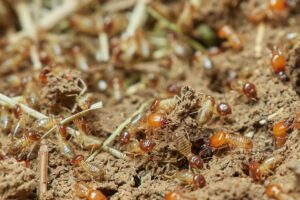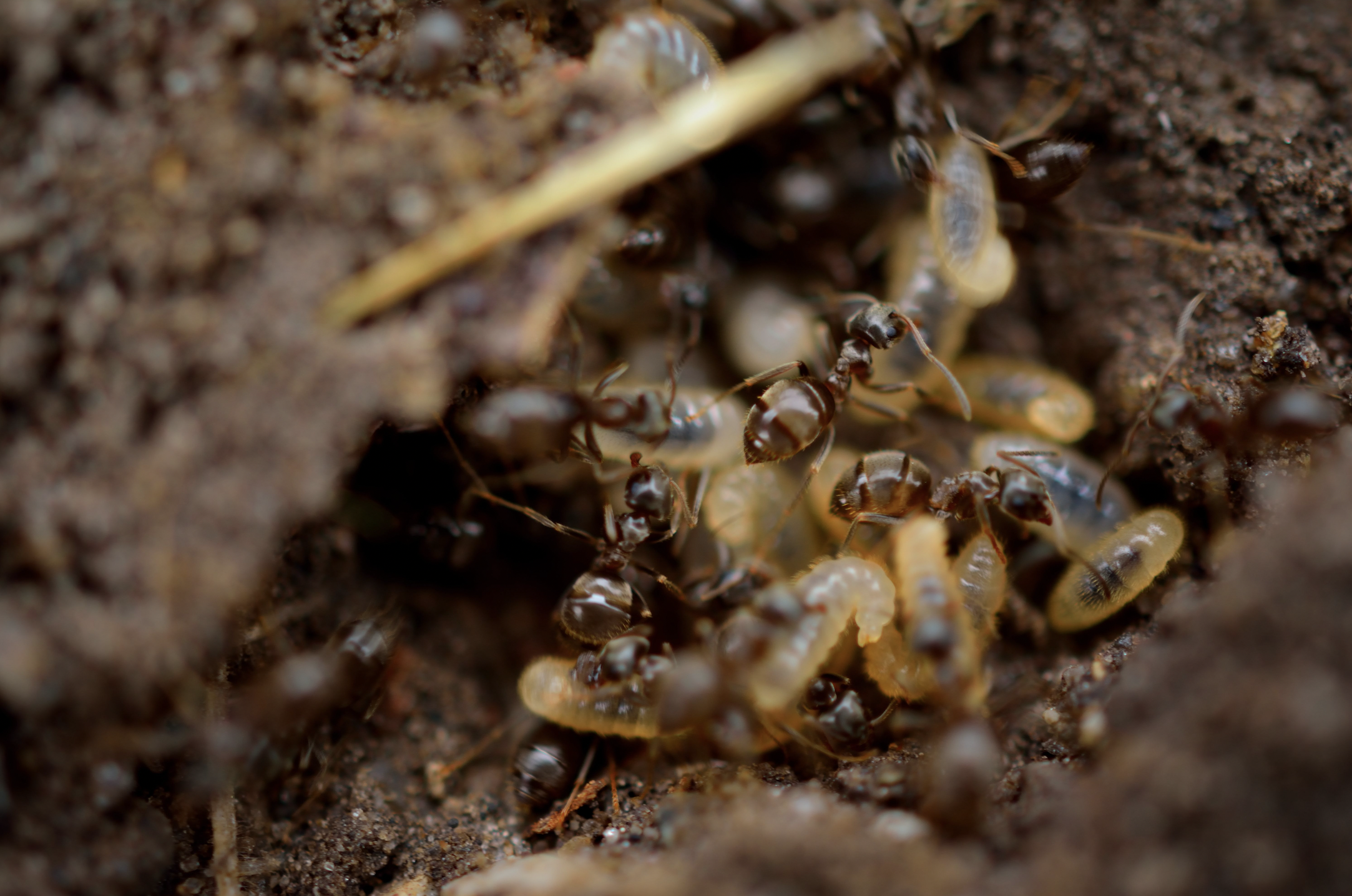Debunking Termite Myths
In this list, you’ll see the most common myths about Termites.
Yes! You’re in the right post!
Because this will be absolutely relatable and interesting.
We’ve always been worried about it so don’t worry…
for we will begin this article… NOW!

We’ve always assumed things about things and Termites is definitely one of them. Termite infestations are a source of concern for many households. Termites are responsible for more than a billion dollars in damage each year in the United States, more than fires, floods, and other natural catastrophes combined. Many homeowners, on the other hand, believe they have misconceptions about termites, how they work, and how to best treat them. Learn about a few common Termite myths, as well as the facts that disprove them, in the sections below.
Most Common Termite Myths
- Myth #1: Termite colonies can be destroyed by deforestation.
This is not true. In fact, when termites are evicted from their home, they search for other food sources. They will seek healthier environments, which may include adjacent residences. Professionals recommend a termite inspection for anyone moving into a new home where ground has just been removed due to the possibility of termites. Following the initial examination, yearly follow-up inspections are recommended.
- Myth #2: Can eat and bite through concrete
Termites are tough critters, yet they can’t chew through concrete. Concrete, on the other hand, is frequently insufficient to keep termites out of a home’s timber components. Termites can push themselves through tiny holes in all poured concrete foundations. Termites will construct mud tunnels to shield worker termites as they move back and forth from the food source to the colony once they have discovered a food source. Even if you have a concrete foundation, monthly termite inspections are necessary to ensure that no termites have made their way in.
- Myth #3: You can tell if there’s a Termite infestation right away
Termites, as we all know, are stealthy pests that invade homes with few warning signals. Termites have often already caused damage to a home by the time they are discovered. They lurk in little cracks and crevices, making it difficult for the average homeowner to identify them. Termite damage may only be detected by a licensed, experienced specialist. Termites rarely pierce the surface of wood, preferring instead to hollow it out from the inside, causing the majority of the damage to go undiscovered. Termite activity and the ensuing damage can go undiscovered for years since there are few obvious warning indicators.
- Myth #4: After your house has been treated for an infestation, you don’t have to worry about it again.
Termite inspections are essential for keeping your home in good shape. Once you’ve completed an initial inspection, make sure to schedule frequent inspections to discover any termite activity early enough to treat it. In order to be most effective, a termite check should be performed once a year.
- Myth #5: Professional Extermination is no better than DIY treatments
To put it as simple as possible, DIY termite treatments will not provide you with your desired outcomes. Even though DIY solutions might appear to be the most cost-effective and straightforward approach to exterminate termites, they will only serve to exacerbate the problem. The insecticides available to homeowners aren’t powerful enough to eradicate a termite colony. Even if a homeowner has access to the right chemicals, only a professional has the skills and experience to successfully target affected areas. Trying to treat termites on your own could endanger you and your family.
Now that we know the truth about these insects, we now know how to prevent them.
Every year, these pests are estimated to wreak billions of dollars in property damage. As a result, it’s critical to address a termite infestation as quickly as possible! Call a professional exterminator or, better yet, call Empire Exterminating at (888) 983-7668 if you have been a victim of these insects.


